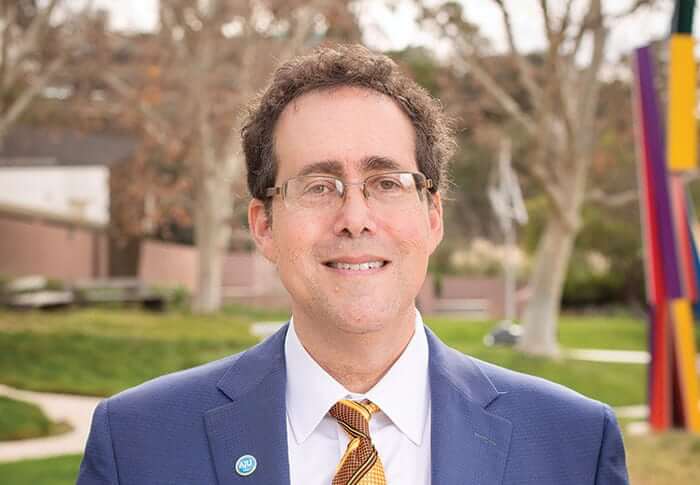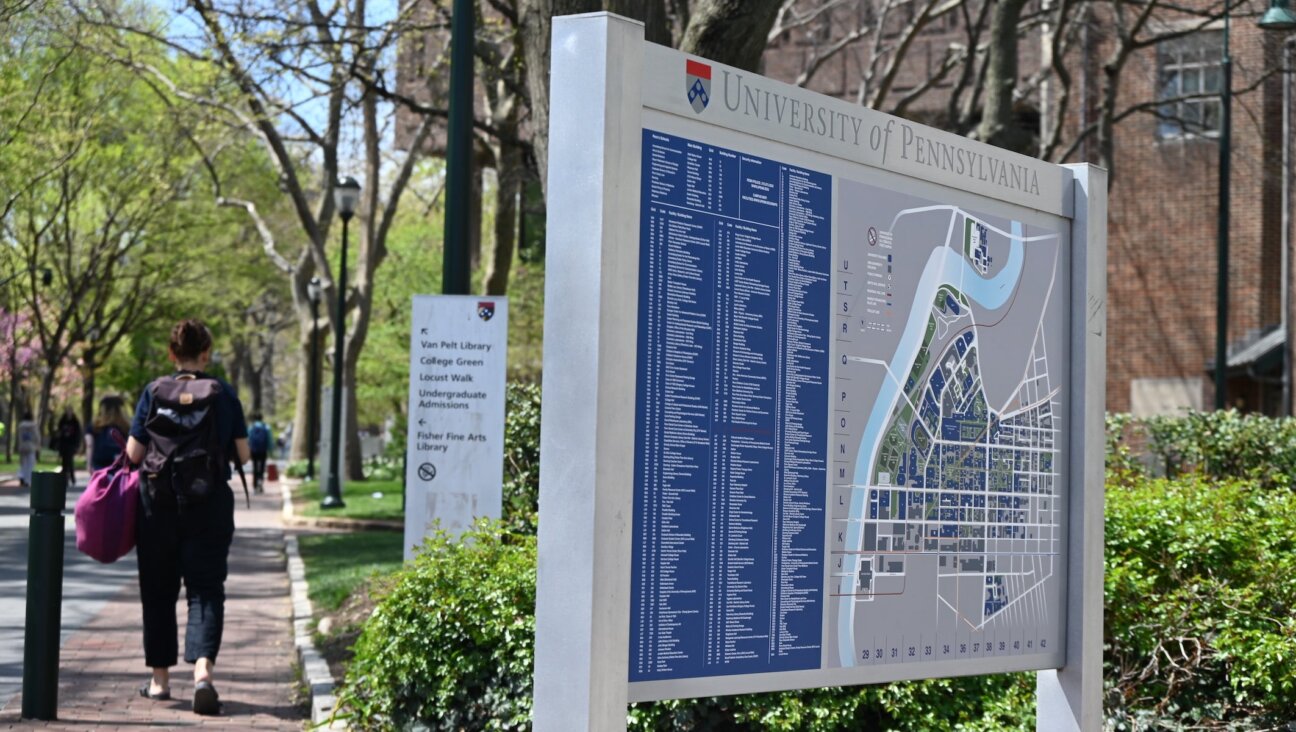Mah Jongg Revival Takes Hold Among Jews
When Elissa Meth Kestin’s grandmother had to move away from the community she had lived in for decades, leaving behind close friends and her longstanding game of Mahjong, the younger woman decided to learn to play the game properly, so she could play with her grandmother to cheer her up.
Wanting to learn the game properly and needing people to play with, Meth Kestin began teaching her friends, most of whom were, like her at the time, single and living in Manhattan. “I got a group of friends together, we sat with a rule book and figured out how to play. People heard about this, and said ‘I have a Mahjong set that was my grandmother’s, can you teach me?’ “ Meth Kestin says. “I taught a bunch of people in my living room and had two or three regular games going.” So many people asked her to teach them that she approached Makor, which was then a Jewish center for young adults in Manhattan, and asked if she could offer a class.
“They thought no-one would sign up. It sold out the first time. They were shocked, but offered it again. It sold out again and had a waiting list every time.” In all, she taught a few hundred people — many of them in their 20s — at Makor and later at the 92nd Street Y and area synagogues.
“There’s a little bit of a mah-jongg renaissance happening now,” Annelise Heinz told Haaretz. Heinz is a doctoral candidate at Stanford University, whose dissertation, “Mahjong: Race, Gender and the Transnational Politics of Culture,” is devoted to examining the enduring popularity of the game among American Jewish women. It is, said Meth Kestin, “considered hip and cool.”
For more go to Haaretz















